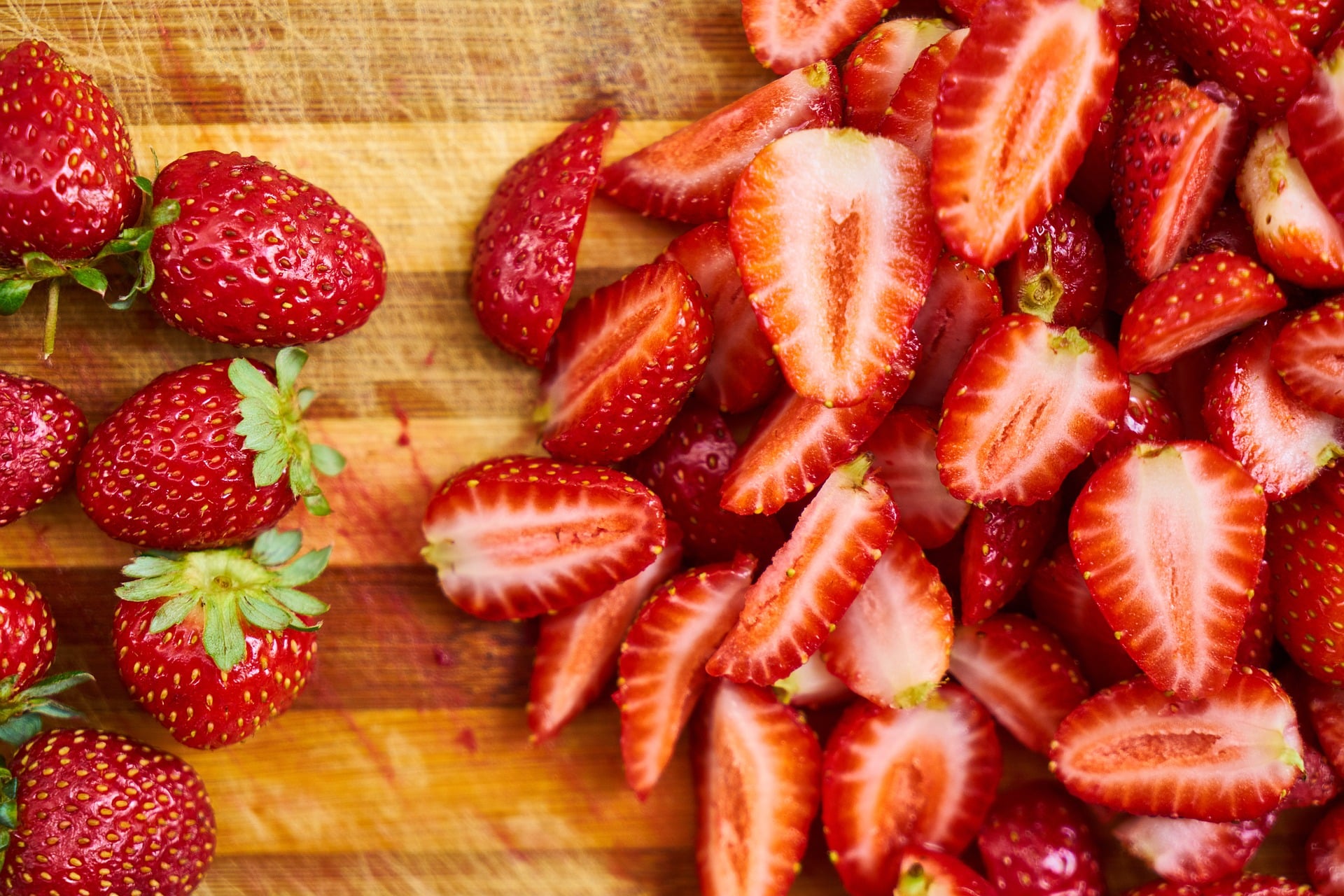Most strawberry varieties are propagated from plants, but seed-propagated strawberries could solve disease and transportation challenges
In a recent news release, Sakata Seed Corporation announced it will soon begin to commercialize F1 seed strawberry varieties tailored for greenhouse cultivation.
Japanese strawberry varieties are internationally acclaimed for their flavor and also known for their inherent softness, leading to shelf-life and transportation challenges. Region-specific disease issues also affect Japanese strawberry cultivation.
In 2016, Sakata Seed Corporation ventured into strawberry breeding, formally commencing operations in 2018. Their main goal is to develop strawberry cultivars that strike a harmonious balance between the exceptional flavor characteristic of Japanese strawberries, robust transportability, and disease resistance for specific growing regions.
In 2017, the corporation secured permission to distribute seeds and seedlings of Yotsuboshi, an F1 seed strawberry developed in collaboration with Mie Prefecture, Kagawa Prefecture, Chiba Prefecture and the Kyushu Okinawa Agricultural Research Center. They mainly marketed the product in the United States and Canada, providing valuable insights about regional demand.
“As a global seed company headquartered in Japan, Sakata Seed Corporation has a rich history of developing and supplying a diverse range of new vegetable and flower products to the market,” said Tomoji Nakai, Sakata Seed Corporation senior executive officer and senior general manager of overseas sales and marketing division, in the release. “For strawberries, a universally beloved fruit, we are dedicated to the development of F1 seed strawberries that marry the exquisite flavor of Japanese strawberries with enhanced disease resistance and transportability. Through these innovative varieties, our aim is to alleviate the burden on producers and minimize environmental impact while stimulating demand for premium strawberries and expanding the market. By harnessing the synergy of our strengthened breeding, supply chain, sales, and product development teams, we aspire to become the world’s preeminent strawberry seed company.”
Traditionally, worldwide strawberry cultivation has relied on vegetative varieties propagated from parent plants. Nevertheless, this approach comes with several issues: the need for vigilant parent plant management and young plant collection; the risk of disease transmission from parent plants and timing limitations of young plant transplantation. In response to these challenges, the release explains Sakata Seed Corporation is actively developing F1 seed strawberry varieties (everbearing) that can be grown from seeds. Large-scale trial production is already underway.
To expedite the path to commercialization, Sakata recently launched an initiative that integrates research, production and sales.
In Japan, people usually consume strawberries fresh. New strawberry varieties are introduced annually, and the flavor profile of Japanese strawberries consistently ranks among the world’s finest. However, cultivating Japanese strawberry varieties is challenging. Aside from licensing complexities, disparities exist in terms of required disease resistance and fruit transportability. According to the release, Sakata Seed Corporation is developing varieties that encompass the exceptional flavor synonymous with Japanese strawberries while meeting the disease resistance and transportability needs of diverse growing regions.
Sakata said a fully enclosed plant factory represents an ideal environment for optimizing the characteristics of seed-propagated strawberries. Such facilities meticulously manage factors like light, temperature and water. One advantage is the limited risk of pests and diseases infiltrating the factory, in contrast to open fields or greenhouses. Given the stringent measures to prevent external pests and diseases, many businesses are actively seeking seed-propagated strawberry varieties. In plant factories, where yield per unit area directly influences business performance, another advantage of seed-propagated strawberries is their reduced space requirements for raising seedlings compared to vegetative propagation.












